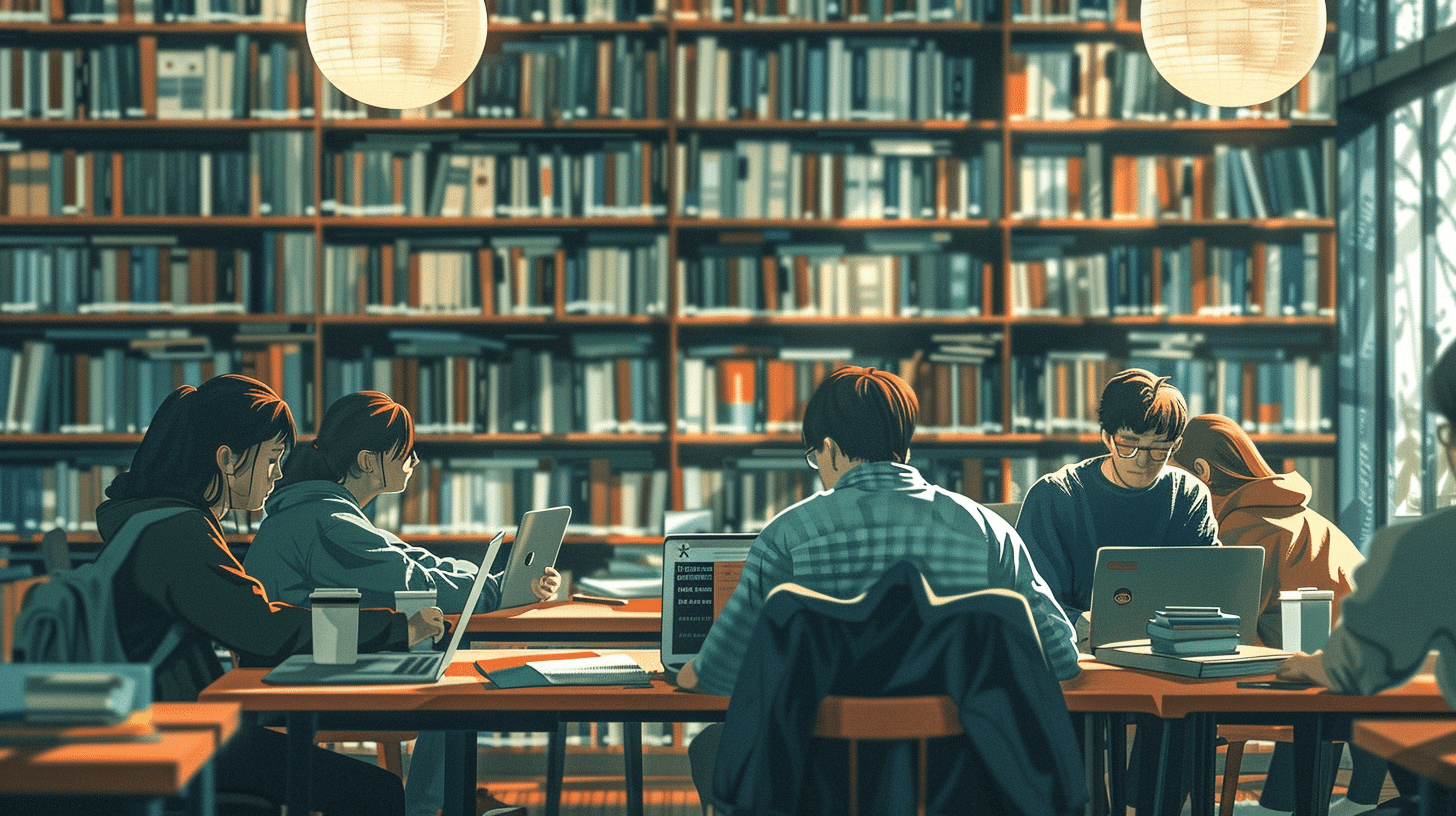South Korea is renowned for its rigorous education system, which has propelled the country to the forefront of global education rankings. The South Korean education system is divided into three main levels: elementary (primary schools), middle (junior high schools), and high (senior high schools), followed by tertiary (university) education.
Middle Education: Middle school lasts for three years, from ages 12 to 15. The curriculum here is more subject-specific, with increased focus on science, mathematics, and English language, alongside Korean language, social studies, and the arts.
High Education: High school education also spans three years, from ages 15 to 18. Students typically choose between general high schools, vocational high schools, and special-purpose high schools, which focus on specific areas such as foreign languages, science, or the arts.
Tertiary Education: Tertiary education in South Korea is offered by a range of institutions including universities, colleges, and vocational schools. The country is home to several globally ranked universities like Seoul National University, Korea Advanced Institute of Science and Technology (KAIST), and Yonsei University.
Academic Calendar and Hours
The academic year in South Korea typically starts in March and ends in February, including a summer break in August and a winter break at the end of December. School days usually begin around 8 AM and can last until 4 PM, but many students continue their learning at after-school tutoring academies known as ‘Hagwons’.
School Days: Students attend school Monday to Friday, with a shorter day on Saturday in some schools, although this practice has been decreasing in recent years.
After-School Tutoring: Hagwons are a significant aspect of the South Korean education landscape. These private academies offer further instruction in subjects like math, science, and especially English. Attendance can often extend late into the evening.
Examination and Assessment
Examinations are a significant aspect of the South Korean education system, with a strong emphasis on standardized testing.
National Assessments: Students undergo national assessments at various stages, the most notable being the College Scholastic Ability Test (CSAT), akin to the SATs in the United States. This highly competitive exam is a crucial determinant of the university entrance and is typically taken by students in their final year of high school.
University Admissions: Admission to universities in South Korea is highly competitive, with the CSAT score being a pivotal factor. However, universities also consider other aspects such as high school grades, letters of recommendation, and extracurricular activities.
Challenges and Reforms
The South Korean education system, while highly successful in many respects, faces several challenges that have prompted ongoing reforms.
Stress and Pressure: The competitive nature of education in South Korea places significant stress on students, often resulting in high levels of anxiety and other psychological issues.
Educational Reforms: In response to these challenges, the South Korean government has implemented various reforms aimed at reducing student stress, such as decreasing the emphasis on rote memorization, reforming the university entrance system, and promoting alternative paths to career success besides the university degree.
Innovation and Technology: South Korea is also at the forefront of integrating technology in education, with digital textbooks, online learning platforms, and AI-based educational tools becoming increasingly prevalent.
International Students in South Korea
South Korea has become an attractive destination for international students, with its universities offering various programs taught in English and scholarships specifically for foreign students.
Programs in English: Many universities in South Korea offer courses and programs in English, which attracts international students who may not be fluent in Korean.
Scholarships: The South Korean government and various universities offer scholarships aimed at bringing international talent to the country, covering tuition fees and living expenses.
Cultural Experience: Studying in South Korea offers international students the chance to immerse themselves in a rich cultural heritage, modern technological society, and a dynamic educational environment.
Conclusion
Learning in South Korea is characterized by a structured, rigorous education system with a strong emphasis on high academic achievement. While this system has led to impressive educational outcomes, it has also brought challenges such as high student stress levels, prompting ongoing educational reforms. For international students, South Korea offers a blend of educational excellence, cultural richness, and technological advancement, making it a compelling choice for pursuing higher education.






